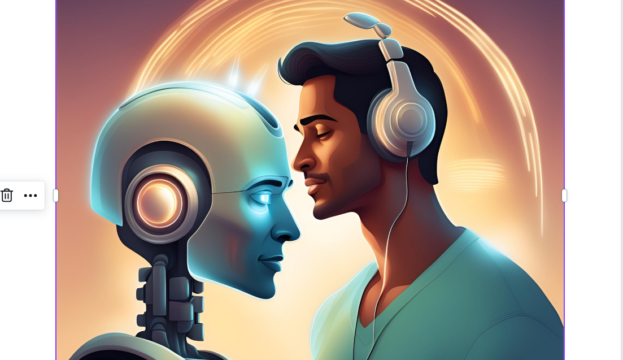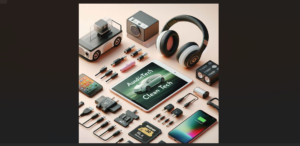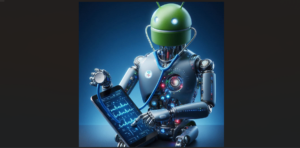As a new generation of protests takes to the streets, activists are developing a new set of tools to organize themselves. Although the internet, smartphones and social media have already played a key role in how protests have evolved, it is anticipated that the increased use of no-code apps is likely to shape the future of new movements.
Much like 2020, this year has seen many turbulent events take shape in cities across the world and new digital tools have been used in unforeseen ways. Most recently, Black Lives Matter protests have flared across the world in reaction to police killings of unarmed black men and no-code apps like Carrd have been essential in helping activists disseminate information at quicker speeds than before.
Born in 2016, Carrd was initially envisioned as a way for non-experts to set up websites without the need for coding knowledge. But the initial use-case spread from small businesses to niche communities that could organize their ideas and intentions online with no formal coding background.
Soon movements like Black Lives Matters found their Carrd website embedded in social media and could benefit from the snowball effect that many popular causes try to harness. Gen Z had now found their new protest tool and it was on the back of the no-code movement. The best thing about it? Landing pages for new causes could be set up in just minutes.
Why no-code?
By allowing creators more power over the content they make and share, no-code looks to revolutionize the way communities can organize and communicate. From early excel spreadsheets to drag-and-drop editors, no-code has evolved into a new generation of tools aimed at eliminating the requirement of coding knowledge in building webpages.
Today, as physical servers moved into the cloud, the tools helping no-code builders have evolved to the point that no-code startups are seeing great strides from investors and users alike. All of a sudden, non-experts could build landing pages for their websites and iterate quickly based on changing needs. But the appeal isn’t just limited to non-coders, it extends to developers as well as they can use no-code tools as a faster way to start and test ideas using no-code.
No-code apps like Carrd and other similar platforms like Linktree and Bio.fm proved attractive to younger activists looking to build more meaningful media profiles while still remaining private (as the websites only require an email address to set up).
Tools for the people
Late in 2019, protests began to flare in Colombia over the way the government had handled a number of issues from justice to health. By 2021 these protests had harnessed no-code tools like Carrd to mobilize larger support against the government to protest economic instability and the violence used by the authorities against the people.
What’s becoming increasingly clear is that more digital tools are being made available to activists that can enlarge their platform in regions that previously hadn’t benefited from greater digitization. From Beirut to Bogotá, tools that can also help people stay in touch without wifi (or where wifi was being restricted as in the case of the Hong Kong protests) were being rolled out by companies like Bridgefy.
From protests to philanthropy
And while protests might find benefits in spontaneously generating a community around a cause with no-code apps, the same tools can also boost philanthropic causes as a wider spectrum of creators can bring attention to new and pressing needs within the community.
An example of this was seen in the Swiss #Ensemble19 webpage set up entirely to aid local small businesses that had been impacted by the pandemic. The webpage was quickly set up on no-code app Bubble in response to the COVID-19 crisis and allowed local entrepreneurs the chance to sell vouchers for greater liquidity in lean times, gathering a total of USD$600,000 in mere days.
The entrepreneur who set up #Ensemble19, Daniel Abebe, believed this to be a sign of a growing acceptance around the no-code movement. A movement that goes far beyond the protests and also stretches into the education- and private sector, as the growing numbers of no-code startups which do not rely on technical coding to get up and running clearly shows us.
The desire to have one’s voice heard and march for one’s rights has been a constant theme of modern history. However, with new no-code apps allowing more straightforward and urgent ways to coordinate among like-minded people, the future of protests is truly entering the digital age.

Marco Schlauri
Marco Schlauri is the founder of Digital Leverage. Passionate about content marketing, storytelling and documentaries, he works closely together with clients in the SaaS and Tech Space to bring their stories to life. Any opinions expressed in this article are strictly that of the author.












